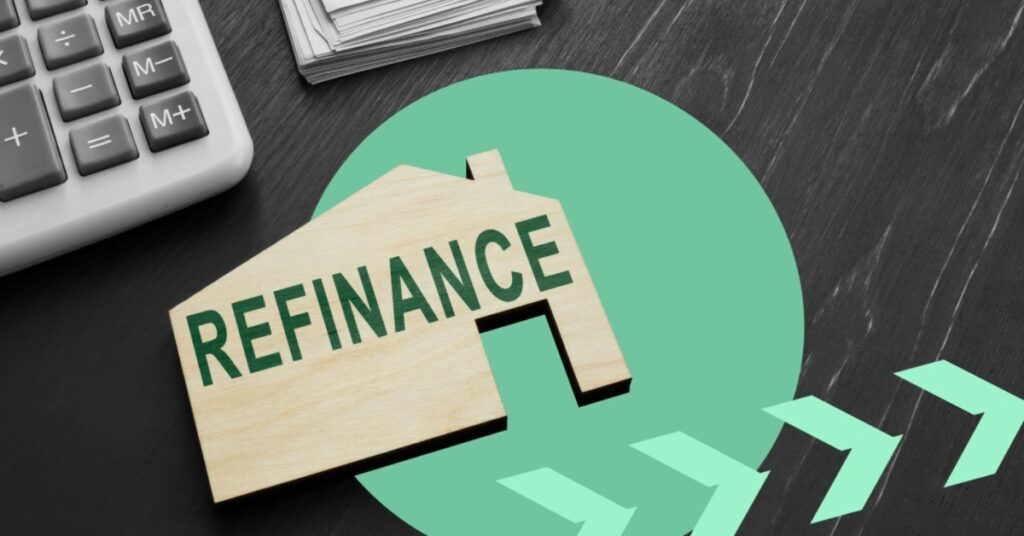Managing Money in Israel: Stunning Tips for Effortless Success
Managing money in Israel presents a unique set of challenges and opportunities, especially for newcomers or those unfamiliar with the country’s financiallandscape. From the cost of living in bustling cities like Tel Aviv and Jerusalem to navigating tax obligations and banking options, developing smart money habits is crucial for achieving financial stability and success. Whether you’re an expat, student, or local resident, these stunning tips will help you manage your finances effortlessly while making the most out of your income in Israel.
Understanding the Cost of Living in Israel
One of the first steps in managing your money effectively in Israel is understanding the cost of living. Israel is known for its vibrant economy, but this comes with relatively high expenses, especially in housing, food, and transportation. Tel Aviv, for example, ranks among the world’s most expensive cities. To build a realistic budget, familiarize yourself with average prices for rent, groceries, utilities, and entertainment.
Housing will likely be your biggest expenditure. Renting an apartment in major cities can be costly, so consider factors like location and size carefully. Many people choose to live in shared accommodations or in suburbs to reduce costs. For groceries, shopping at local markets (shuks) can save you substantially compared to supermarkets, where prices tend to be higher.
Banking and Financial Services in Israel
Navigating Israel’s banking system is a significant part of managing money efficiently. Israel has a well-established banking infrastructure with several major banks such as Bank Hapoalim, Bank Leumi, and Discount Bank. When opening an account, consider fees, online banking options, and ATM accessibility.
Israelis tend to use credit cards extensively, which can be convenient but requires discipline. Many banks offer benefits like rewards programs and cashback, but also charge interest and fees that can add up quickly if the balance is not paid monthly. Some banks also offer specialized accounts for new immigrants with reduced fees or tailored financial advice.
Taxes and Social Security: What You Need to Know
Understanding Israel’s tax and social security system is another crucial part of managing your finances. Residents are generally required to pay income tax based on a progressive scale, with tax rates increasing as income rises. The National Insurance Institute (Bituach Leumi) collects social security payments that fund healthcare, pensions, and other social benefits.
For freelancers or individuals with additional income sources, it’s important to keep detailed records and report all earnings accurately to avoid penalties. Consulting a tax advisor who understands both local and international tax laws can save you stress and money in the long run.
Stunning Tips for Effortless Success in Money Management
1. Automate Your Savings and Payments
Automating your savings and regular bills is an easy way to avoid late fees and build a financial cushion. Set up automatic transfers to a dedicated savings account each month. Many Israeli banks provide seamless automation tools through their apps, making it simple to stay on top of payments and savings goals.
2. Leverage Loyalty Programs and Discounts
Israel’s retail and service sectors often offer loyalty programs and discount cards that can significantly reduce your expenses. From grocery stores like Shufersal to pharmacies and gas stations, registering for local reward systems can result in substantial savings over time.
3. Prioritize Health Insurance and Retirement Planning
While Israel’s public healthcare system provides quality coverage, many residents invest in supplementary health insurance for additional services and shorter wait times. Moreover, starting retirement savings early through pension funds and savings plans available in Israel will help ensure long-term financial security.
4. Learn Basic Hebrew Financial Terms
Having a grasp of basic financial terminology in Hebrew can make a big difference when dealing with contracts, bank statements, or tax forms. Familiarize yourself with common words such as “Heshbon” (account), “Misuim” (taxes), and “Bituch Refu’i” (health insurance). This knowledge improves your confidence in handling money matters independently.
5. Engage with Local Financial Communities
Joining expat groups, financial workshops, or meetups can provide valuable insights and tips on money management specific to Israel. These networks often share information about job opportunities, investing, or cost-saving measures that you might not find through conventional channels.
Conclusion : Managing Money In Israel
Managing money in Israel doesn’t have to be complicated if you approach it with knowledge, discipline, and practical strategies. By understanding the local cost of living, optimizing your banking and tax responsibilities, and employing smart habits like automation and discount use, you can achieve effortless financial success. Whether you are settling into a new life in Israel or looking to improve your current financial situation, these stunning tips are designed to empower you on your journey toward financial ease and stability.










